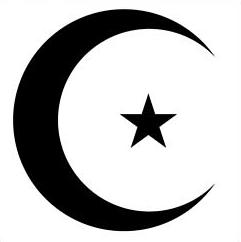The obituaries for political Islam have begun to be written. After years of seemingly unstoppable growth, Islamic parties have begun to stumble. In Morocco, the Justice and Development Party (or PJD) did far worse than expected in last September's elections, and Jordan's Islamic Action Front lost more than half its seats in last month's polling. The eagerly awaited manifesto of Egypt's Muslim Brotherhood, a draft of which appeared last September, showed neither strength nor boldness. Instead, it suggested the group was beset by intellectual contradictions and consumed by infighting. It is too early to declare the death of political Islam, as it was premature to proclaim the rebirth of liberalism in the Arab world in 2003-04, but its prospects seem notably dimmer than they did even a year ago. To some, the fall from grace was inevitable; political Islam has collapsed under its own contradictions, they say. They argue that, in objective terms, political Islam was never more than smoke and mirrors. Religion is about faith and truth, and politics are about compromise and accommodation. Seen this way, political Islam was never a holy enterprise, but merely an effort to boost the political prospects of one side in a political debate. Backed by religious authority and legitimacy, opposition to Islamists' will ceased to be merely political -- it became heresy -- and the Islamists benefited.
The Death of Political Islam?

